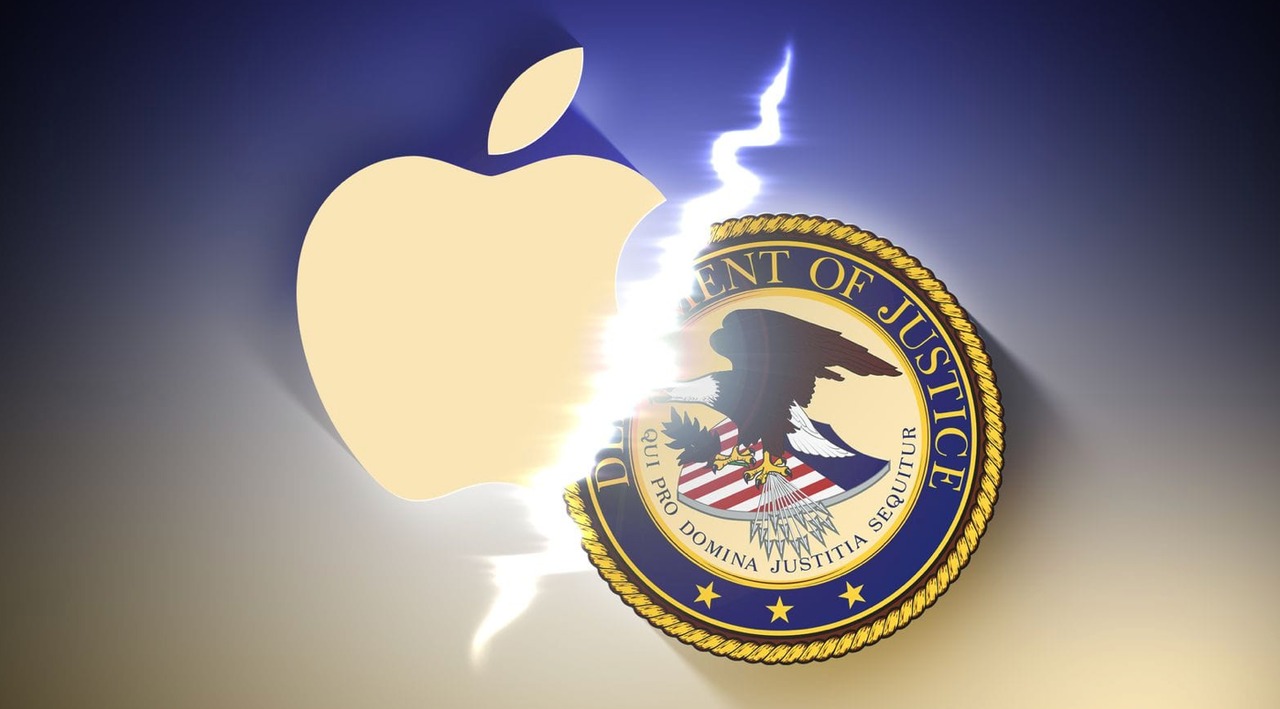A few years ago, Apple encountered an antitrust challenge from video game company Epic Games regarding its app store rules, and largely emerged victorious. However, the recent government complaint will once again test Apple’s rules, particularly its control in the app market.
The complaint contends that Apple’s establishment of the iPhone ecosystem has granted it dominance over the smartphone market, now prevalent in U.S. households.
Apple is accused of designing products and services that excel when used within its own systems, employing a “playbook” to maintain dominance across various technologies, from its app store and messaging platform to smartwatches and digital wallets.

U.S. Department of Justice (Credits: Tekedia)
William Kovacic, former chair of the Federal Trade Commission (FTC), considers this challenge the most obvious Apple has faced yet. He notes that while the Epic Games case addressed crucial issues, the current case filed by the DOJ and 16 states attorneys general is broader in scope and importance.
The DOJ complaint presents five major allegations against Apple, including blocking “super apps,” suppressing mobile cloud streaming services, excluding cross-platform messaging apps, limiting the functionality of third-party smartwatches with Apple devices, and impeding the use of third-party digital wallets.

Apple (Credits: WIRED)
The complaint also suggests that Apple has a strong incentive to continue such behavior in the future. Henry Hauser, a lawyer at Perkins Coie and former DOJ trial attorney, believes the lawsuit could have far-reaching impacts across various industries, including financial services, media, entertainment, gaming, and telecommunications.
Apple has strongly contested the allegations, arguing that the lawsuit would stifle competition and hinder its ability to innovate and deliver the technology consumers expect.























